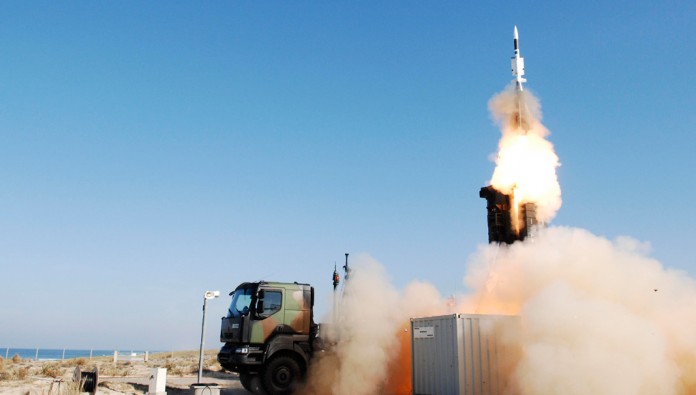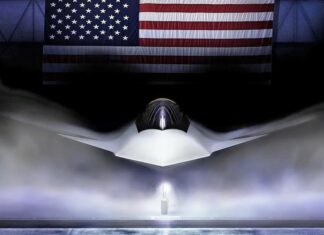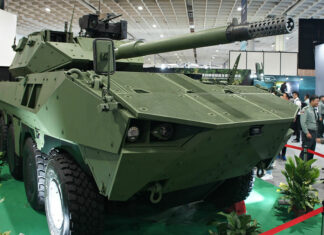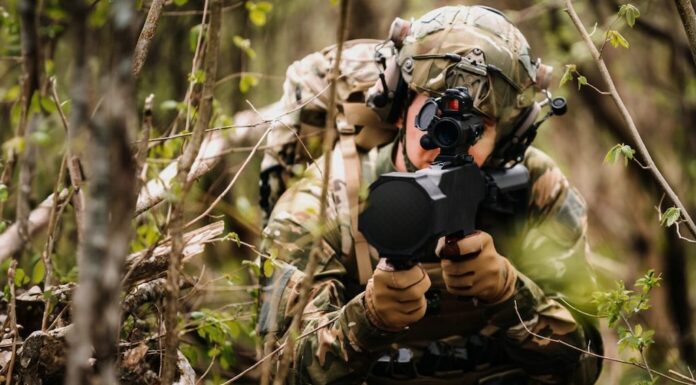Turkey is negotiating a mega deal worth billions of dollars in a ‘Turkish Bazar’ style, where the European Eurosam consortium faces a competing offer from the Russians, through their largest missile exporter Rostec, as Ankara opens its missile defense program to foreign bidders.
Until 2013 Turkey, a major NATO ally considered only the weapon systems produced by its allies. However, in 2013 Ankara broke this tradition favoring the Chinese FD-2000 air defense system over costlier US and European competitors that restricted Turkish work sharing in the development of the system, something the Chinese were happy to offer for the US$3.4 billion they asked for.
Turkey eventually backed off from its plan to buy the Chinese system, but Ankara continued interest in air and missile defense. The tightened relations with Moscow, that following the failed coup in July 2016, brought Ankara to negotiate on the procurement of the most sophisticated Russian air and missile defense system – the S-400 that Ankara could ‘see’ in the past two years, deployed in Latakia in Syria. Turkey reportedly agreed to pay $2.5 billion for the Russian system, significantly less than the Chinese one. While the technical aspects are cleared, the deal is yet to be finalized, its completion will have significant consequences for Turkey-NATO ties.
Turkey maintains its air defense under the NATO umbrella, with allies nations deploying Patriot and SAMP/T surface-to-air missile batteries, air defense radars, and airborne early warning aircraft on a regular basis since 2013. This plan continued successfully as long as the ‘neighborhood’ was predictable, with friendlies on one side and hostiles on the other. The situation got much more complex as Russia entered the fight in Syria. Russian forces are positioned and operating in Syria, where NATO-backed coalition air forces support Kurdish militias that are associated with Turkish Kurdish PKK rebel groups designated as terrorists by Ankara. NATO also operates from bases in Turkey, but some of these bases were under siege during the coup, as some of their occupants were suspected of supporting the rebels.
Apparently, Ankara is seeking more sovereignty over its military force. Buying the missiles from Russia will achieve such result. While Ankara maintains it can link the Russian system to the NATO air defense network by integrating a NATO compliant Interrogation Friend / Foe (IFF) system into the Russian radar and battle management system, it is likely the Turkish S-400 units will remain isolated, or act as an ultra expensive opposition force (OPFOR) during the annual Anatolian Eagle war games, just as the Greek S-300 system is operated by in Crete.
On the other hand, Turkey is still dependent on its alliance with NATO and will benefit greatly from continued cooperation. Choosing a European air and missile defense solution will achieve this goal.
The Turkish move closer to Russia brought the heads of European air defense missile consortium Eurosam to Turkey, where they were more lenient to invite Turkish companies to cooperate and get a more significant share of the development and production of Aster/SAMP/T missiles. The Heads of Agreement between Michel Vigneras, the head of Eurosam, Faik Eken of Aselsan and Selçuk Yaşar of Rocketsan, was signed last week in Ankara under the aegis of the Turkish Undersecretariat for Defence Industries (SSM). The HoA sets the work sharing agreements for a definition study with the SSM on a long-range air and missile defense system to be launched in the coming months.
According to the joint announcement, the future Turkish air and missile system will be based on the technologies and experience that Eurosam has built in the ground and naval systems, using the Aster missile over 25 years and EUR11 billion of collective investment. The Aster systems have been delivered to the naval and air forces of France and Italy. Most of the systems are naval-based, deployed with French, Italian, British Royal Navy and Saudi Navy, as well as the Singapore, Moroccan, Algerian, Egyptian, and Qatari navies. An Italian SAMP/T unit is currently deployed near the town of Gaziantep in Southern Turkey, as part NATO’s augmentation of the Turkish air defense. SAMP/T is able to defeat the most challenging of air threats, whether air breathing or ballistic. The future program will be managed in synergy with future evolutions of the Eurosam systems in France and Italy. The future evolution of the system, known as Aster 30 Block 1NT, that will be better capable of engaging short and intermediate range ballistic missiles (IRBM).
At the occasion of the HoA signature, Eurosam CEO Michel Vigneras said: “The Italian Army has deployed two Eurosam-built SAMP/T firing units since June 2016 as part of NATO’s contribution to the defense of Turkey and its people against potential missile threats from beyond NATO’s southeastern flank. Today’s agreement is a clear demonstration of the willingness and readiness of our 3 companies to build further on the strong defense cooperation commitments already in place and to work together as equal partners, towards a common goal and sharing full and entire responsibility vis-à-vis the Turkish authorities. I am confident that today, we have laid the foundation of a long term cooperation between Eurosam and the Turkish defense industry.”
Can Ankara do both? Possibly yes. More likely is that it will get the missiles they want much cheaper though.




















